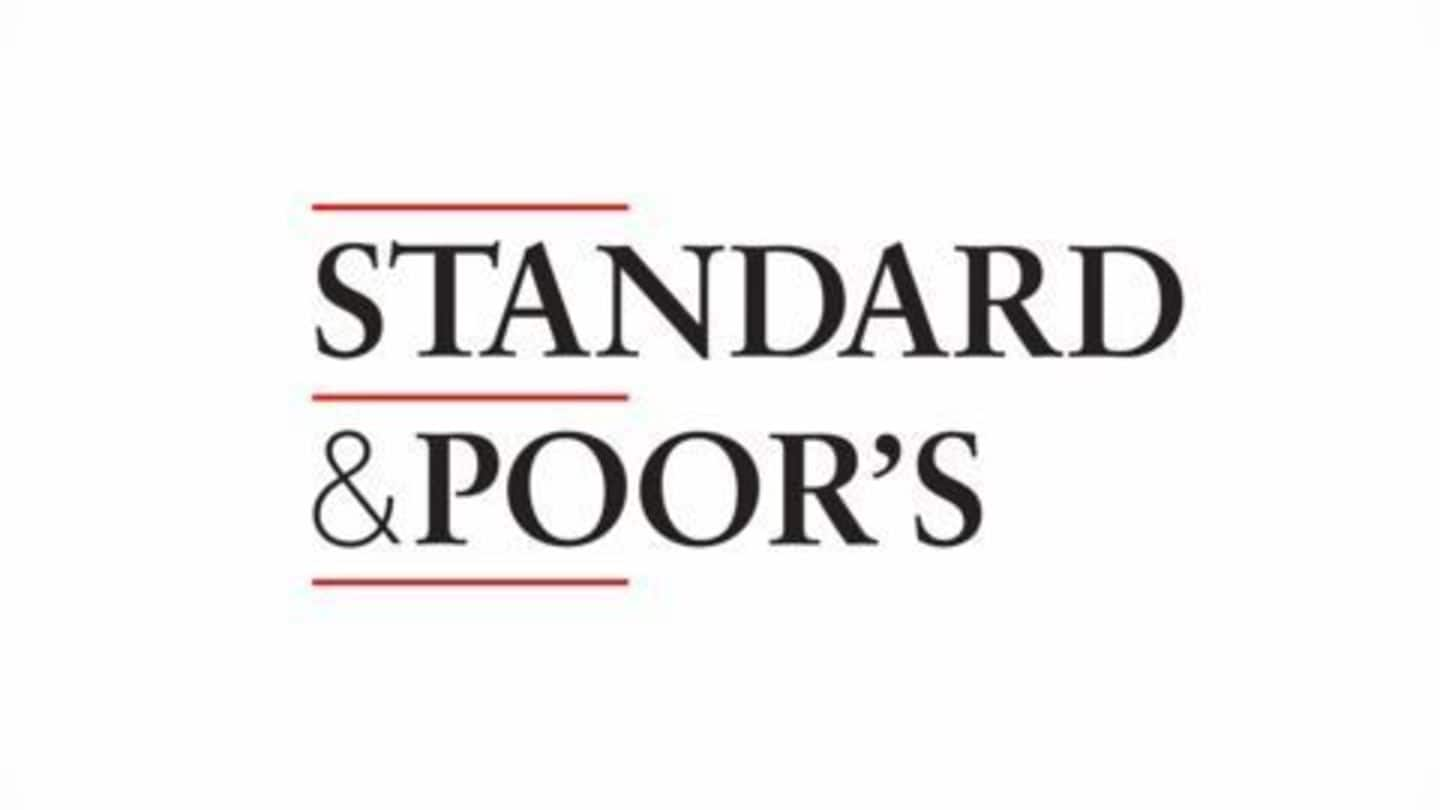
Demonetization undermined RBI's reputation: Standard & Poor's
What's the story
The Centre's surprise move to demonetize high-value currency notes has undermined the Reserve Bank of India's reputation for competence and independence, according to the global credit rating agency Standard & Poor's. S&P Director Kyran Curry said that the RBI, however, remains a credible institution. The comments came as the central bank and the Centre are facing criticism for the demonetization move.
Quote
S&P Director Kyran Curry's statement
"Demonetization has cast a shadow over the RBI's competence and independence. We still think this institution is a very credible one, and in terms of the conduct of monetary policy, it's a very mature institution."
The Impact
Slow replacement of banned currency sparked cash shortage
S&P said the slow replacement of the banned currency notes had sparked a cash shortage across India hitting large parts of the economy. The Centre and the RBI have had to announce a series of "ad hoc measures" to ease the impact. Several policy makers, including former PM Manmohan Singh, have questioned the central bank's "independence" for agreeing to implement demonetization without much preparation.
Monetary Poicies
Confidence in the effectiveness and predictability of policy-making
Kyran Curry stated demonetization had undermined the confidence in the effectiveness and predictability of policy-making in India, including that of the RBI. The RBI under Governor Urjit Patel has been criticized recently after it surprised investors recently by keeping interest rates on hold. It has wrong-footed investors for the second time in a row with its monetary policy decision, first being the demonetization move.
Quote
Long-term structural benefits
S&P Global Ratings' credit analyst Abhishek Dangra said: "Indian Government reforms will have long-term structural benefits but carry short-term execution and adjustment risks."
The Report
Short-Term Pain for Long-Term Gain
S&P's report "India's Demonetization and the GST: Short-Term Pain For Long-Term Gain" also highlighted the benefits of demonetization. It noted the government's decision to demonetize 500 and 1,000 notes led to a significant cash crunch. Though banks and companies are facing a short-term downside risk due to the cash crunch caused by demonetization; it would be beneficial for the economy in the long run.
Quote
Economic flexibility and strong business climate
Kyran Curry stated, "We believe such measures (Demonetization and GST) can promote greater economic flexibility, strengthen the business climate, funnel more wealth into the formal banking system, and help redress public finances over time."
The Economy
Informal and rural sectors of the economy undergo adjustments
S&P said, in the short-term, informal and rural sectors of the economy would undergo large-magnitude adjustments. Sectors transacting mostly in cash would face a significant degree of upheaval. It stated in a less-likely downside scenario, the economy growth would remain lower for longer and raise stress level on banks, corporate, and other financial institutions. It added that the sovereign rating would remain resilient.
Quote
The shock of demonetization
S&P stated, "In a less-likely downside scenario, the shock of demonetization will not be absorbed within the next few months, and the economic disruption will spill over into fiscal 2018, and potentially coincide with the introduction of the GST."